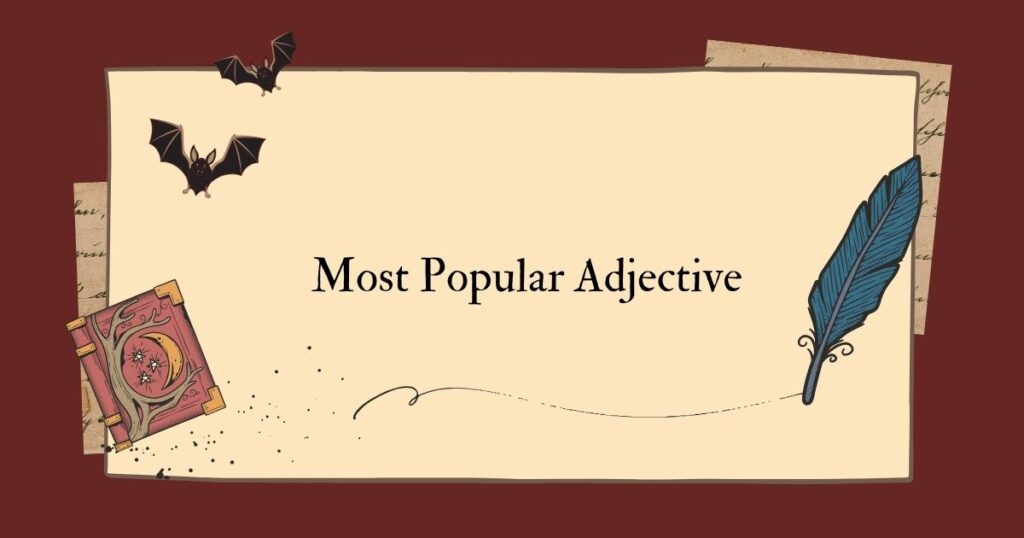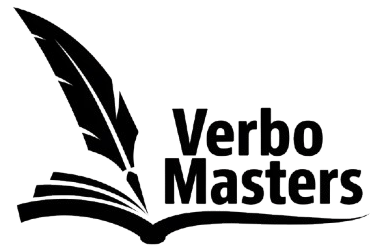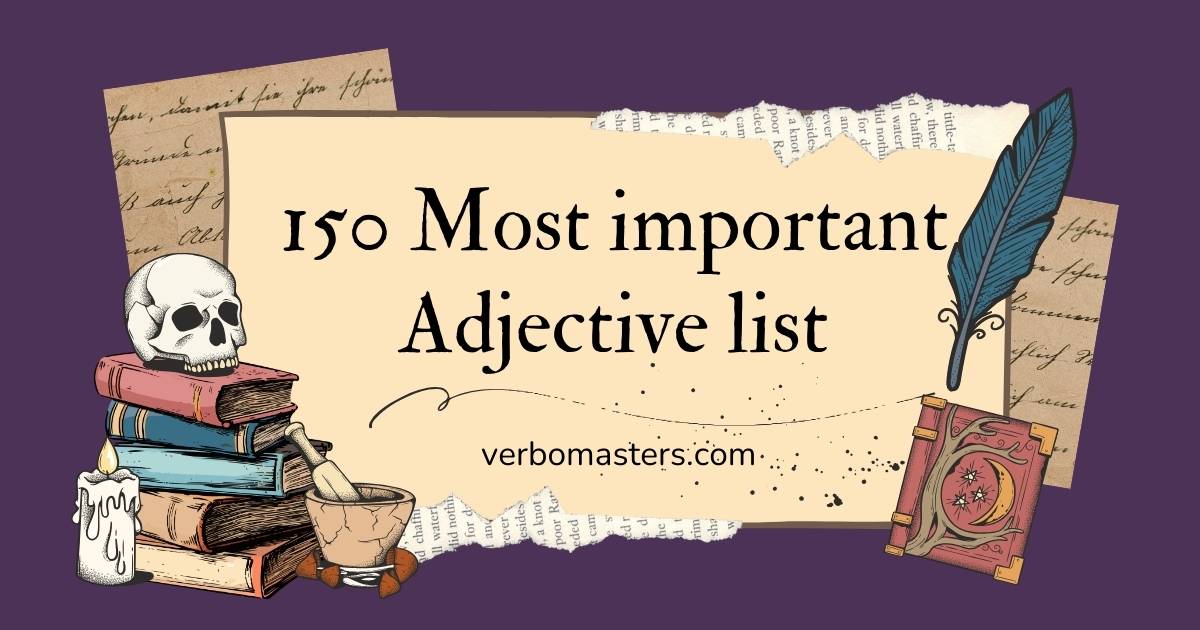150 Most important Adjective list! Adjectives are words that describe or modify nouns, making them more specific or detailed. They help add depth and clarity to sentences by providing more information about a person, place, or thing. From describing size and shape to color and feelings, adjectives bring life to writing and speaking.
Whether you’re describing someone’s appearance or the taste of food, adjectives help express what you mean. Here are 150 essential adjectives to broaden your vocabulary and improve your writing. Understanding how and when to use them will help you become a more effective communicator.
You can also read; Homophones Examples
Most Popular Adjective

150 important adjectives to help describe people, places, and things in a more detailed and creative way:
- Happy
- Sad
- Bright
- Dark
- Loud
- Quiet
- Fast
- Slow
- Big
- Small
- Tall
- Short
- Heavy
- Light
- Warm
- Cold
- Sweet
- Sour
- Bitter
- Salty
- Hot
- Spicy
- Gentle
- Rough
- Soft
- Hard
- Smooth
- Bumpy
- Rich
- Poor
- Clean
- Dirty
- Neat
- Messy
- Friendly
- Unfriendly
- Beautiful
- Ugly
- Kind
- Cruel
- Generous
- Selfish
- Smart
- Dumb
- Wise
- Foolish
- Funny
- Serious
- Creative
- Unimaginative
- Brave
- Cowardly
- Courageous
- Timid
- Honest
- Dishonest
- Loyal
- Disloyal
- Polite
- Rude
- Curious
- Indifferent
- Helpful
- Hurtful
- Creative
- Uninspired
- Adventurous
- Boring
- Healthy
- Sick
- Beautiful
- Plain
- Delicious
- Terrible
- Safe
- Dangerous
- Famous
- Unknown
- Rich
- Poor
- Modern
- Ancient
- Old
- Young
- New
- Used
- Interesting
- Dull
- Tough
- Weak
- Strong
- Fragile
- Expensive
- Cheap
- Unique
- Common
- Empty
- Full
- Lively
- Boring
- Tidy
- Untidy
- Mature
- Immature
- Clean
- Messy
- Gorgeous
- Plain
- Noisy
- Silent
- Faithful
- Unfaithful
- Generous
- Stingy
- Famous
- Obscure
- Gentle
- Harsh
- Exciting
- Dull
- Calm
- Nervous
- Patient
- Impatient
- Confident
- Shy
- Beautiful
- Ugly
- Charming
- Unattractive
- Sincere
- Insincere
- Caring
- Indifferent
- Adorable
- Unattractive
- Loyal
- Disloyal
- Comfortable
- Uncomfortable
- Fierce
- Gentle
- Proud
- Humble
- Polite
- Impolite
- Shiny
- Dull
- Fancy
- Simple
These adjectives are great for enriching your vocabulary and enhancing both written and spoken descriptions! Whether you’re describing someone’s personality, appearance, or a scene, using a variety of adjectives helps you communicate more effectively and vividly.
FAQs
What are adjectives?
Adjectives are words that describe or modify nouns, giving more information about a person, place, thing, or idea. They help to make language more vivid and precise.
How do adjectives enhance a sentence?
Adjectives provide more detail and create clearer, more interesting descriptions. They help the reader or listener visualize or understand a subject better by giving additional characteristics.
Can adjectives be used to describe emotions?
Yes, adjectives can describe emotions or feelings. Examples include words like “happy,” “sad,” “excited,” and “angry,” which help convey how a person is feeling.
What are comparative and superlative adjectives?
Comparative adjectives are used to compare two things (e.g., “smarter,” “bigger”). Superlative adjectives are used to show the highest degree of something (e.g., “smartest,” “biggest”).
Can adjectives be used to describe colors?
Yes, adjectives are often used to describe colors, such as “red,” “blue,” “green,” and “purple.” They help specify particular shades and tones in a more detailed way.
Are adjectives only used to describe physical characteristics?
No, adjectives can describe both physical characteristics and non-physical qualities. They can describe emotions, personality traits, conditions, and more.
What is an example of an adjective modifying a noun?
In the sentence “The tall man walked into the room,” “tall” is the adjective modifying the noun “man,” providing more information about his height.
Can adjectives be used in the comparative and superlative forms?
Yes, adjectives can be modified into their comparative or superlative forms. For example, “big” becomes “bigger” in the comparative form and “biggest” in the superlative form.
Are there adjectives that don’t change with comparison?
Yes, some adjectives are absolute and don’t have comparative or superlative forms. Examples include words like “unique,” “perfect,” or “square.”
How can I improve my use of adjectives in writing?
You can improve your adjective use by incorporating varied and specific adjectives into your writing. Practice identifying where more detail is needed and experiment with descriptive language.
Conclusion
Adjectives are essential in language as they help us add detail and description to the world around us. Whether describing an object, a person, or an event, adjectives give clarity and vividness to our communication. They help the reader or listener better understand the characteristics of what’s being talked about, making the conversation more interesting and engaging. By using adjectives, we make sentences more colorful and expressive, allowing for a deeper connection with the audience.
The power of adjectives goes beyond mere description they can convey emotions, opinions, and comparisons. Adjectives can be used to show the intensity of feelings or to draw contrasts between different objects or people. As you practice incorporating a range of adjectives into your speech and writing, you’ll enhance your ability to communicate effectively. Adjectives bring your words to life, making them more impactful and memorable.

I’m John Smith, a language enthusiast dedicated to helping writers, students, and professionals master the art of clear and effective communication. Whether you’re looking for grammar tips, writing guides, or common mistake corrections, you’ll find valuable insights to improve your language skills. Let’s make grammar simple and fun!

